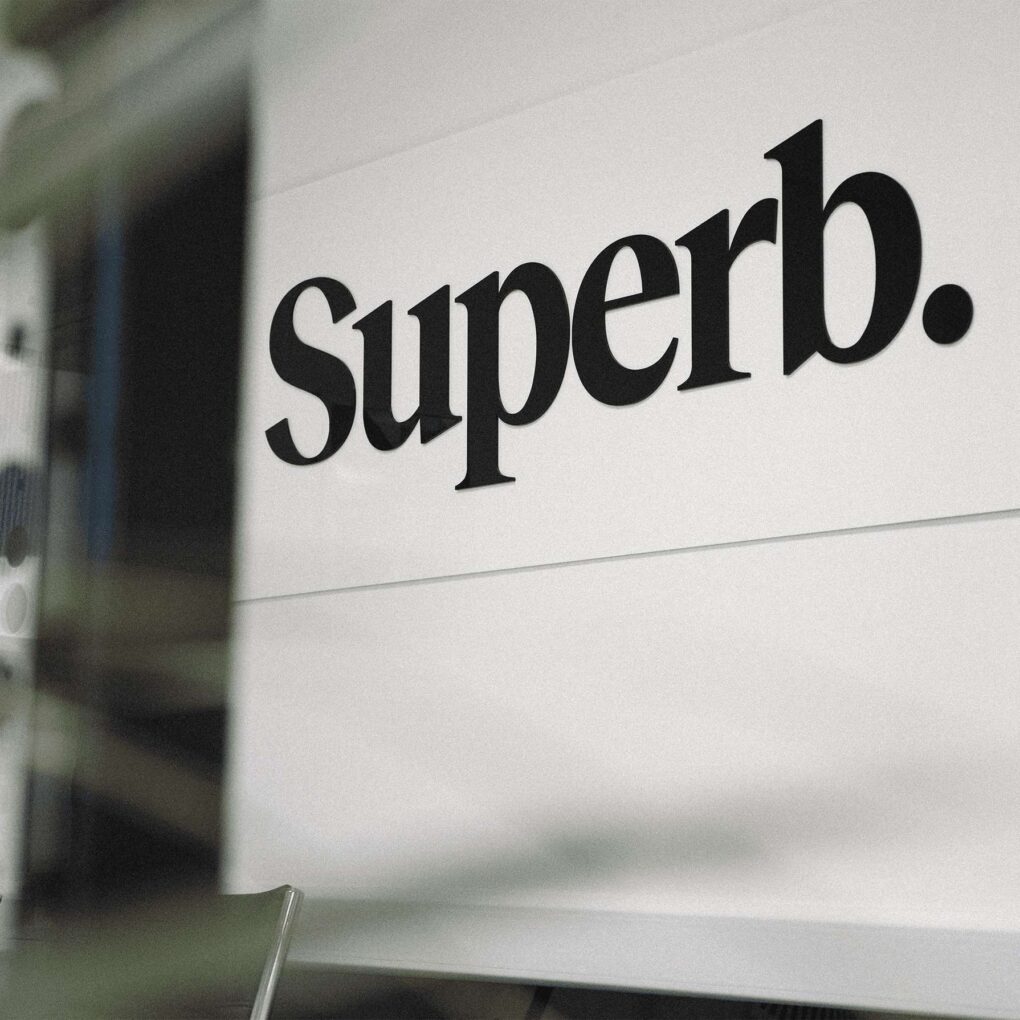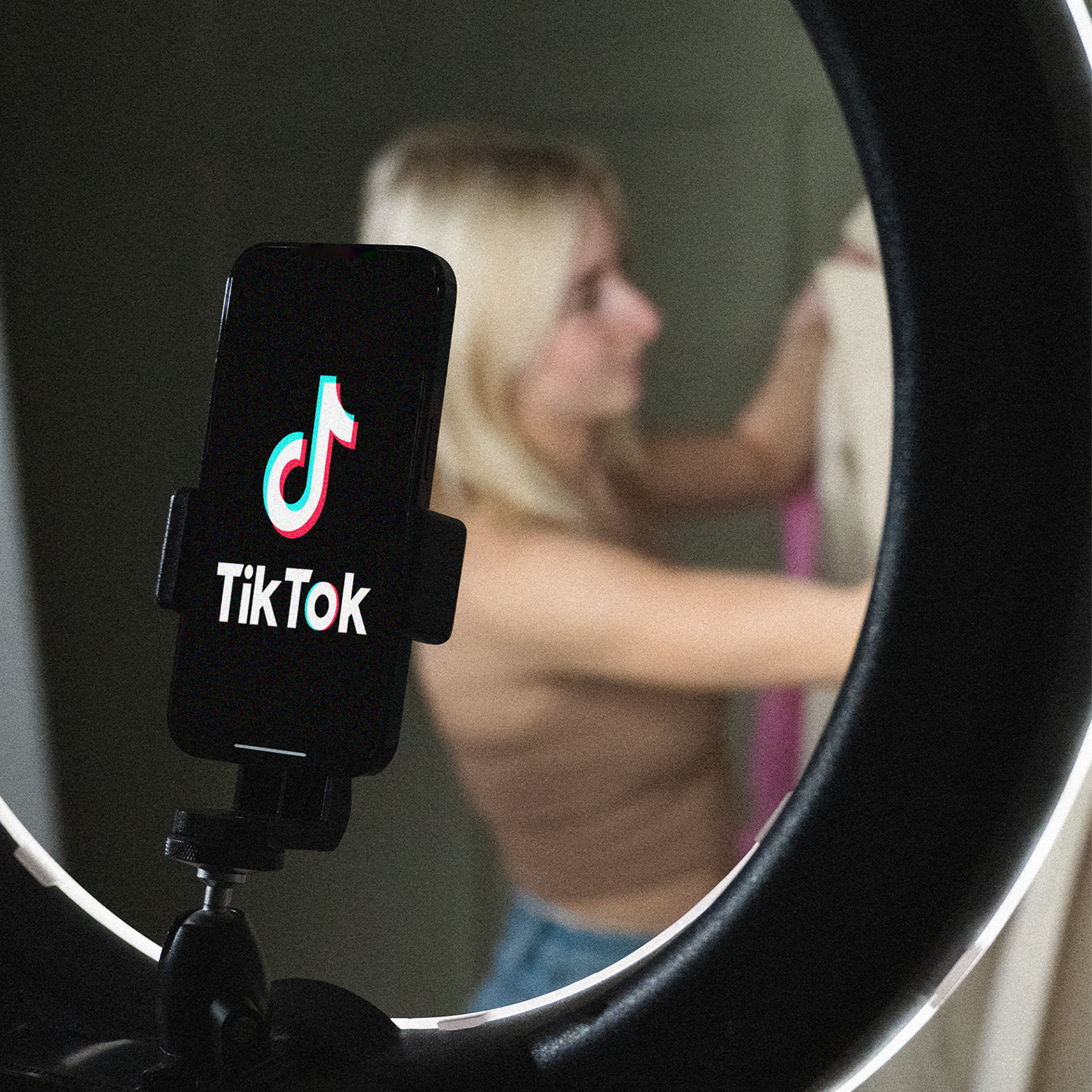Ah, Millennials that much talked about demographic, the thorn in every marketer’s side, yet one of the most lucrative consumer groups of all time. What are they up to now? Millennials have long been at the forefront of digital innovation, but with many exciting entrepreneurs in the Forbes 30 Under 30 list, young people are effectively driving change in retail and eCommerce and not just as consumers, as entrepreneurs too.
What drives the desire to become entrepreneurs in many millennials is not pure ambition and not necessarily inspiration either. The desire is born out of frustration in many cases. Millennials see the world differently from previous generations and what this often means is that they see the world in terms of what’s missing and what could be improved. Their identities are forming and changing in a way that needs expressing, yet time and time again the physical world fails to provide an outlet for this expression. Many millennials have set up businesses that address the lack of diversity amongst certain product ranges. For example, women of colour in the past have challenged makeup manufacturers to provide a more inclusive range of products that encompass all skin tones. When this has not been provided they have often just opened their own online stores and set up their own small businesses, specialising in the type of product they want. Younger consumers want a superior form of customer service and to be able to bridge the gap between the consumer and the product on offer.
One thing the Millennial entrepreneur is doing differently is avoiding influencers in their marketing strategy and this is huge for eCommerce. For a while now, online brands and retailers have used influential bloggers and Social Media personalities to launch their products. These influencers have large fan followings, comprised of individuals to whom certain brands and products resonate. The idea is that brands court the interest of these influencers in the hope of receiving positive PR and exposure from them that will allow their brand to connect with its audience, resulting ultimately in increased sales. Millennial entrepreneurs, however, have had enough of influencer overload and brand’s attempts to reach a big digital pool by use of a handful of individuals, not directly affiliated with the brands. Instead, they seek support from industry insiders who best understand what their brand is really like in terms of its heritage and values and who can advise carefully on how to give it the best exposure. Offline community-based marketing, whilst costly, is preferred by millennial entrepreneurs who like to go to the places that their target audiences live and work, to showcase their products via talks and direct communication. Instead of trying to attract the digital masses via a blogger or personality, this approach allows millennials to build long-term relationships with their consumers and results in much higher conversion rates.
Lastly, Millennial entrepreneurs don’t believe in being intimidated by big brands, mainly because they don’t even view them as competition. Paying too much attention to the big guns is seen as fruitless and wasteful. The whole point of these millennial businesses is that they are unique and stand alone. Their owners look to establish unique relationships with each member of their supply chains, in order to deliver a product to the customer that is completely different to anything else on offer.
So there you have it. Millennial entrepreneurs are changing the game. Through an entirely different approach to the days of old, they are shunning old methods of Digital Marketing and paying little attention to the big guns. This is perhaps because their ideas themselves are completely unique, born out of a newly defined consumer need or desire and it is only fitting that the Millennial entrepreneur’s method of sale, is as innovative as their products and brands.








